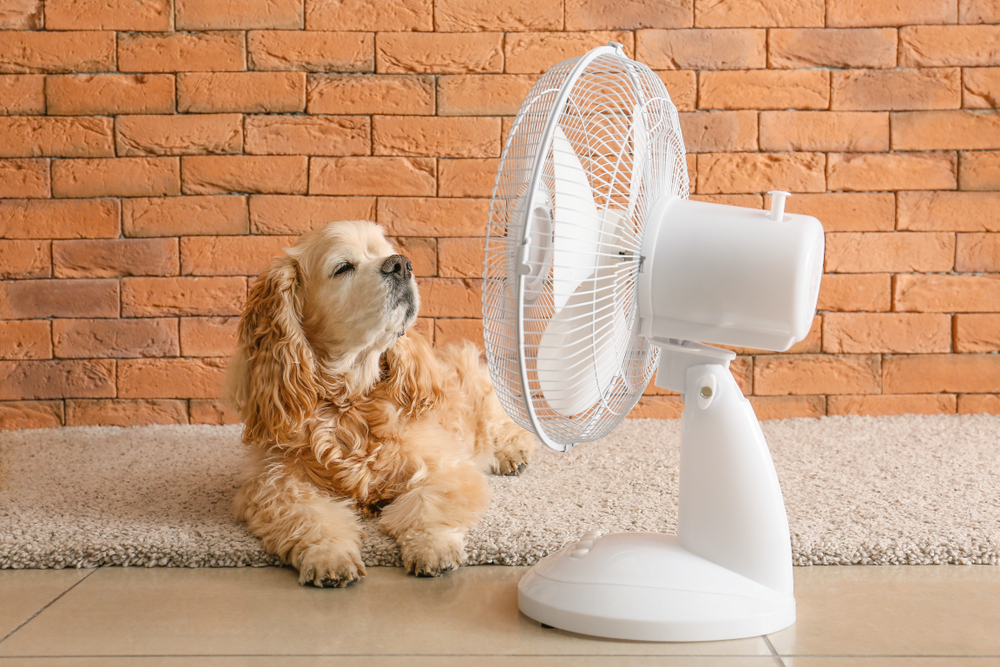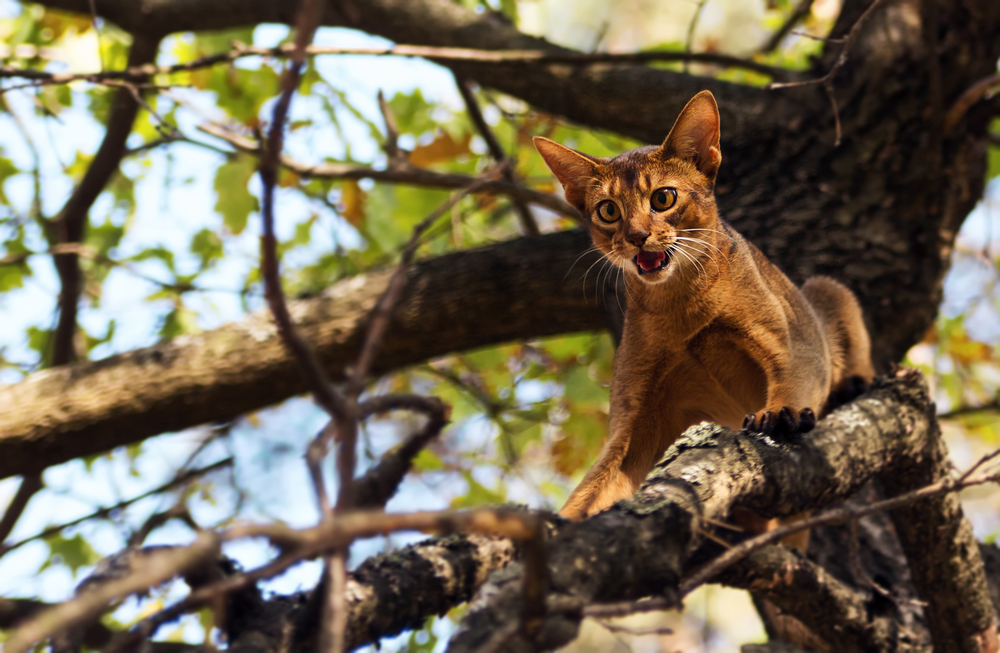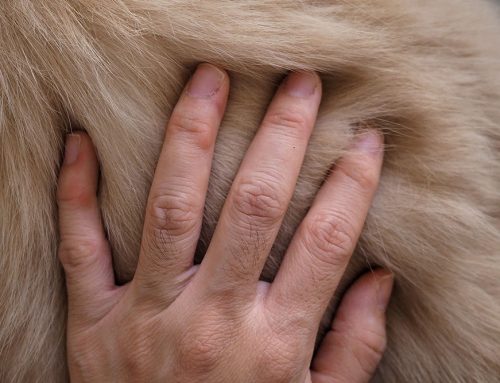Emergency veterinary visits are upsetting and stressful, and while you cannot avoid all pet emergencies, you can take precautions to lower your pet’s risk. Our team at Guam Pet Hospital wants to help by offering do’s and don’ts that will help prevent common pet emergencies.
DO ensure your pet receives regular wellness exams
Many emergencies can be prevented with regular wellness screenings for your pet. Wellness exams can detect several serious health issues before they become a veterinary emergency. A routine wellness visit includes:
- Physical examination — A thorough physical exam can detect conditions, such as heart arrhythmias and murmurs, and abdominal masses, that can potentially cause an emergency situation.
- Blood work — Routine blood work, such as a complete blood count and a biochemistry profile, can detect conditions such as anemia, electrolyte abnormalities, and diabetes that can lead to pet emergencies.
- Urinalysis — A urethral blockage is a potentially life-threatening veterinary emergency, but performing a urinalysis during a regular wellness visit can reveal crystals that can lead to this condition, and the issue can be addressed before a crisis occurs.
DON’T let your cat outdoors
An indoor cat’s life expectancy is about 12 to 18 years, while an outdoor cat is expected to live only two to five years. Factors that threaten an outdoor cat’s life include:
- Car accidents — Cats who are allowed outdoors are at greater risk for being hit by a car.
- Fights — Outdoor cats are at greater risk for being in fights or attacks by other cats, dogs, and wild animals.
- Poisons — Outdoor cats are at greater risk for ingesting poisons such as antifreeze, rodent poison, and lilies.
DO have your pet spayed or neutered
Spaying and neutering your pet can protect them from several serious health issues, and prevent certain behavioral problems that cause injuries, including:
- Pyometra — Pyometra is a uterine infection resulting from hormonal changes in the female’s reproductive tract that, if not diagnosed and treated promptly, can cause the pet’s uterus to rupture and infection to spread throughout the abdomen.
- Birthing difficulties — Birthing difficulties, such as dystocia and eclampsia, can threaten the life of your pet and their babies.
- Roaming — Neutering male pets decreases their urge to roam and their risk for being hit by a car.
- Aggression — Neutering male pets can decrease their aggressive tendencies and thus, their risk for fighting with other pets.
DON’T let your dog roam off leash
Keep your dog leashed unless you are in a familiar, enclosed area. Well trained dogs are not immune to distractions or chasing small animals, which can lead to serious injury if they run into traffic. Other considerations include:
- Halter leash — If your dog is good at slipping their collar, use a halter leash to help prevent escape.
- Voice commands — Teach your dog voice commands and train them to “Sit” and “Stay” when they reach an intersection, to help avoid accidents.
DO protect your pet from toxin ingestion
Many common human foods and household items are toxic to pets. Take precautions to protect your pet by:
- Educating yourself — Learn what items are toxic to pets, and ensure they aren’t accessible to your pet. Use a legitimate source, such as the American Society for the Prevention of Cruelty to Animals (ASPCA), which lists common toxic substances broken down by category, including poisonous plants, foods, household products, and medications.
- Reading labels — Avoid giving your pet people food, but if you do, read the label to ensure the product does not contain ingredients toxic to pets.
- Securing your guests’ personal items — Ensure your pet cannot access your guests’ personal belongings that may contain toxic substances, such as xylitol, ibuprofen, and other dangerous medications.
DON’T let your pet ingest a foreign object
Foreign objects, such as socks, small toys, and bone pieces, can become lodged in your pet’s gastrointestinal tract, causing a blockage that may require surgical removal. Protect your pet by following these tips:
- Provide appropriate toys — Ensure your pet has their own size-appropriate toys, so they won’t be tempted to chew off-limits items.
- Don’t feed your pet bones — Never feed your pet bones. Cooked bones are brittle and can easily break apart and cause a gastrointestinal obstruction.
- Keep your house tidy — If your pet tends to chew inappropriate items, keep their environment tidy, and ensure they can’t access small objects.
DO keep your pet cool

Heatstroke is a serious veterinary emergency that can have life-threatening consequences for your pet. Follow these tips to protect your pet from overheating:
- Provide adequate water — Staying hydrated is extremely important to prevent heatstroke and other serious health complications. Provide several water sources throughout your home, and clean and refresh the water receptacles daily. In addition, take water and a portable bowl when out with your pet, so you can offer them a drink regularly.
- Never leave your pet in the car — Temperatures quickly reach dangerously high levels on hot, humid days, putting your pet at risk. Parking in the shade or leaving the windows cracked isn’t enough to keep the temperatures safe, so leave your pet at home if they can’t accompany you when you leave the car.
- Avoid excessive activity — Your pet can’t regulate their body temperature well, so limit their exercise on hot, humid days and take frequent breaks in the shade to allow your pet to cool down.
You can’t protect your pet from every medical emergency, but following these do’s and don’ts will decrease your pet’s risk. If you would like to schedule a wellness exam for your pet, contact our team at Guam Pet Hospital, so we can detect any medical issues before they cause an emergency situation.








Leave A Comment